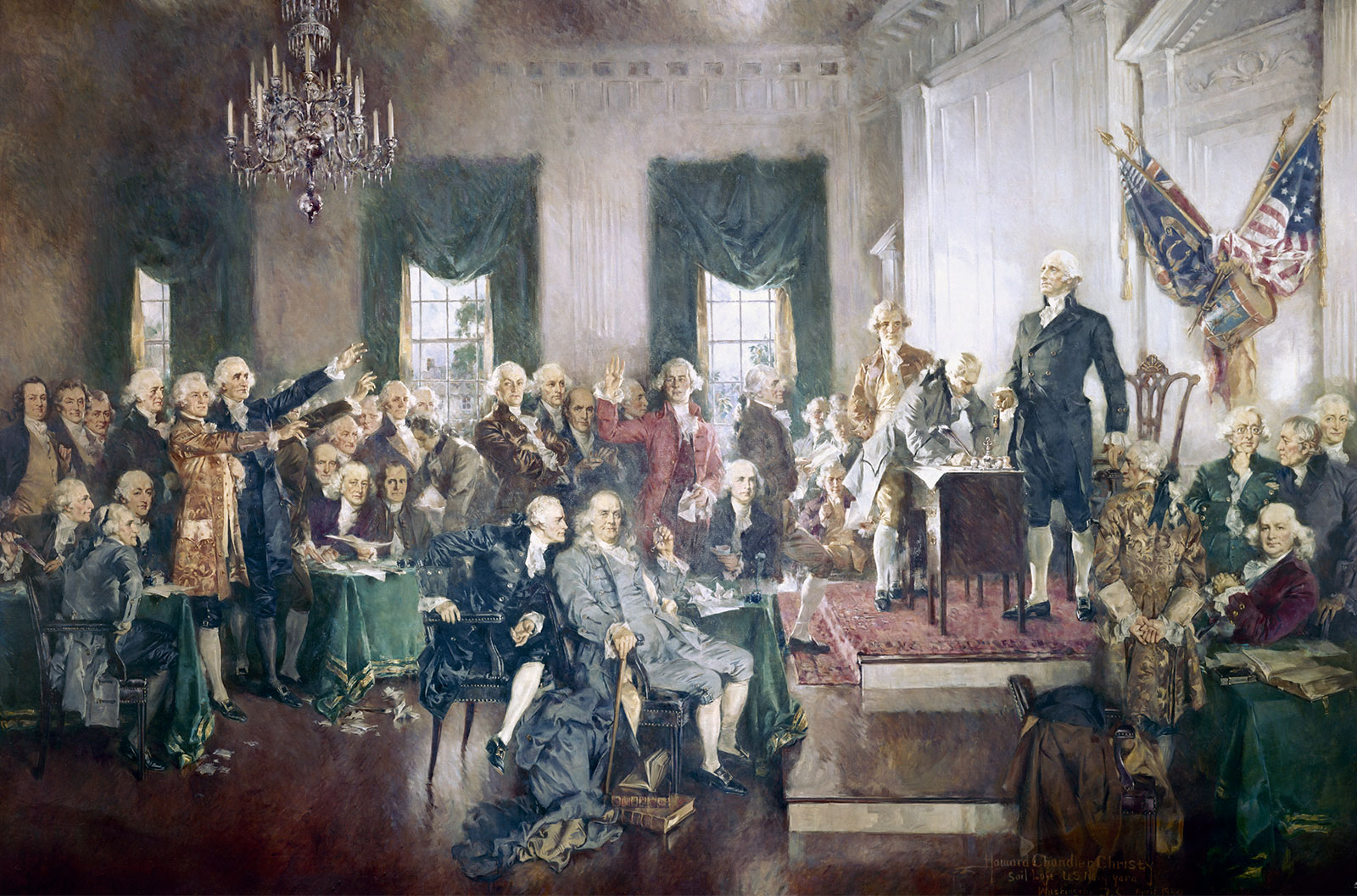About Publications Library Archives
cthl.org

Preserving American Heritage & History

Preserving American Heritage & History


The Second Continental Congress, meeting in Philadelphia on this day in 1776, declared that the name of the newly formed nation fighting for its independence from Great Britain would be “The United States.” This designation replaced the term “United Colonies,” then in general use.
Beginning in March 1776, a series of articles — signed by a “planter” — had appeared in The Virginia Gazette in Williamsburg. Addressed to the “Inhabitants of Virginia,” the essays presented arguments promoting colonial independence, rather than trying to reconcile with Great Britain.
The anonymous author estimates total colonial economic losses at $24 million — a huge sum at the time. He laments the possibility of reaching a truce with London without full reparations — and then voices for the first time what would become the name of our nation. “What a prodigious sum for the united states of America to give up for the sake of a peace, that, very probably, itself would be one of the greatest misfortunes!”
Likely candidates for the nom de plume were several well-known Virginians, including Richard Henry Lee, Patrick Henry and Thomas Jefferson. Some of the essay’s phrasing can be found in the writings of Jefferson. For example, “to bind us by their laws in all cases whatsoever,” appears in both the essay and Jefferson’s autobiography.
The National Archives cites the first known use of the formal term “United States of America” as being found in the Declaration of Independence, recognizing Jefferson, its chief author and subsequently the nation’s third president, as its originator.
When it was written in June 1776, Jefferson’s “rough draught” employed a headline in capital letters that read: “A Declaration by the Representatives of the UNITED STATES OF AMERICA in General Congress assembled.” In the final edit, however, that language was changed to read: “The unanimous Declaration of the thirteen united States of America.” To archivists, the fact that the phrase “United States of America” appears in both versions of the Declaration offers sufficient evidence to credit Jefferson with having coined the phrase.
Historians have also noted the existence of a resolution prepared by Lee, another Virginian, which was presented to the delegates in Philadelphia on June 7, 1776, and approved on July 2, resolved: “That these United Colonies are, and of right ought to be, free and independent States.”
As a result, John Adams of Massachusetts, another Founding Father and the nation’s second president, said at the time that July 2 would be celebrated as “the most memorable epoch in the history of America.” Instead, that day has been co-opted by July 4, the day when the Continental Congress adopted Jefferson’s edited version of the Declaration of Independence.
That final version also states: “That these United Colonies are, and of Right ought to be FREE AND INDEPENDENT STATES.” Lee began his proposed resolution with that line, which Jefferson used in the middle of his closing paragraph.